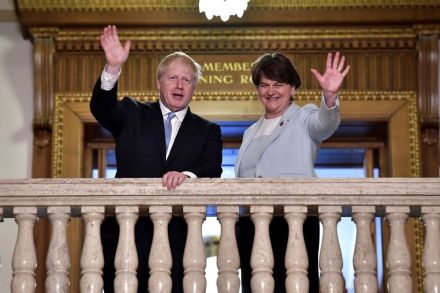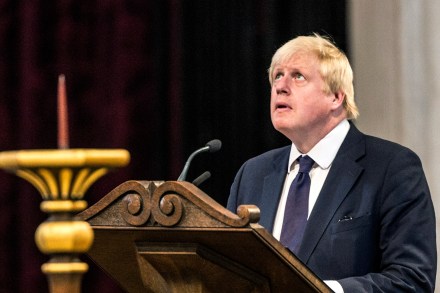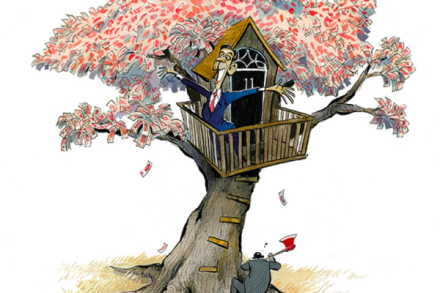Should Britain be vaccinating teenagers?
Last week there was acute concern in government about the country’s re-opening. Would restrictions need to be reimposed when schools return in September? Ministers fretted. But those nerves have now been replaced by cautious optimism. Case numbers have been falling for a week straight and it increasingly looks as if this wave has peaked. No one in Downing Street wants to declare mission accomplished. What will happen to the numbers when people’s fear of being ‘pinged’ by Test and Trace eases and they start to socialise more? Cases need to be falling consistently between now and schools returning. Privately, scientists are stressing risks remain. They warn that there is still




















